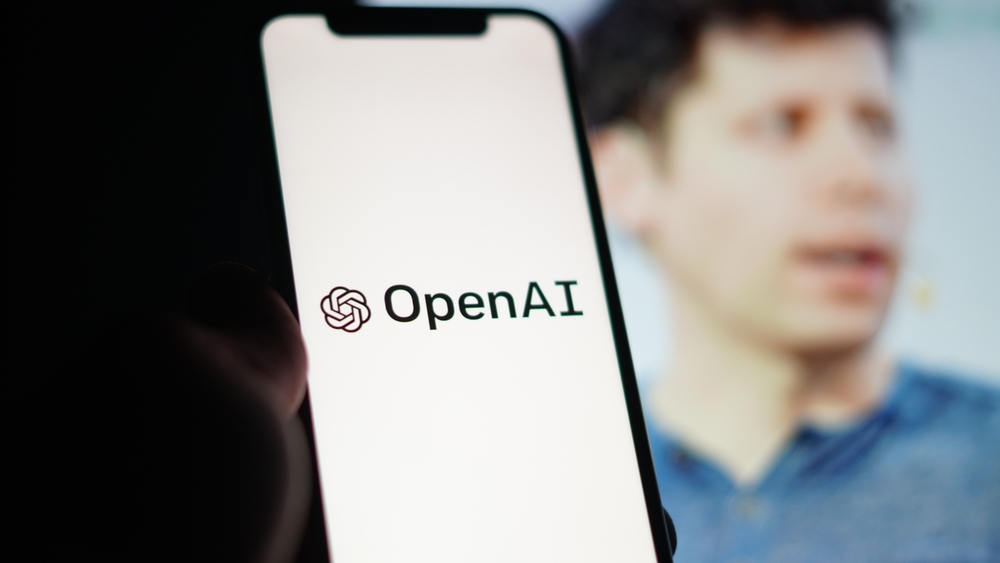OpenAI chief executive Sam Altman is to have his membership on the firm’s board. The executive joins three new members following the conclusion of the investigation into Altman’s ouster in November.
Altman’s restoration to the OpenAI board of directors marks critical changes to the corporate governance of a Microsoft-backed AI company.
Altman Rejoining OpenAI’s Expanded Board
OpenAI chief is set to rejoin the board of directors after the ChatGPT creator concluded an internal review of the circumstances prompting Altman’s controversial removal in late 2023. The news of Altman’s returns featured in the late Friday, March 8 announcement confirming an expanded board.
The expansion is set to accommodate three new members – Dr. Sue Desmond-Hellmann, Nicole Seligman, and Fidji Simo – as the AI giant eyes enhance corporate governance structure and policies.
Altman’s return was inevitable since his restoration as chief executive days after his removal from the post. The executive departure sparked a dramatic turn of events that saw him edge closer to joining Microsoft. His reinstatement featured a new board with his notable exclusion tactic to exhaust the investigation to the abrupt ouster.
Investigation on Altman Ouster in November Concludes
The OpenAI board chair Bret Taylor revealed in the Friday announcement the unanimous conclusion that Altman and the firm’s co-founder Greg Brockman are rightful leaders for the tech company.
The scrutiny of Altman’s ouster featured an internal review executed by the WilmerHale law firm. The firm examined 30,000 documents while interviewing dozens of individuals.
The AI company alleged broken trust between Altman and the previous board. Although the board exercised its discretion, the scrutiny revealed that Altman’s conduct could not warrant abrupt removal.
WilmerHale indicated that the previous board considered that its decision would resolve the internal management challenges. The board hardly anticipated that such actions would destabilize OpenAI.
WilmerHale ruled out that the decision arose from product safety and security issues. Also, the investigation disassociated the board’s decision with concerns over development pace, finances, or problems involving customers, business partners, and investors.
The wilmerHale report downplays the rumors that Altman’s removal arose from the OpenAI research and realizes a discovery with potential danger.
Altman’s return to the board coincides with the election of former Bill and Melinda Gates Foundation ex-chief Sue Desmond-Hellmann. Taylor announced the addition of Nicole Seligman, who previously served as Sony’s general counsel. The duo are joined by Fidji Simo, who chairs and heads Instacart.
The Friday announcement confirmed that the newly elected members will join the current board, which will comprise Adam D’Angelo, Larry Summers, and chair Bret Taylor.
OpenAI Announces Changes to Corporate Governance Structure
The announcement captures changes to the firm’s governance structure by unveiling new corporate governance guidelines. Also adjusted is the whistleblower hotline that employees and contractors can use alongside a strengthening policy on conflict of interest. Lastly, the board will have additional committees aligned to OpenAI’s mission and strategy.
Altman’s return to the OpenAI board comes days after a move by Tesla chief Elon Musk, who facilitated the company’s establishment and filed a lawsuit against the ChatGPT creator. The lawsuit alleges OpenAI leaders breached contractual agreements besides deserting the original mission to benefit humanity and not pursue profit.
OpenAI responded to Musk’s lawsuit by releasing internal emails revealing the Twitter owner’s focus on profit. The disclosure cited Musk’s previous argument that the inability to compete and conduct research in the open will worsen things by helping other parties for free. He warned that others would copy and incorporate such at scale.
The return of Altman to the OpenAI’s board and membership expansion occurs when artificial intelligence faces growing concerns regarding accelerated development and inherent risks. OpenAI is not exempt from increased scrutiny over governance and transparency as a leading AI research entity. OpenAI faces scrutiny on whether its operations align with the stated mission.
Taylor recognizes the magnitude of OpenAI’s role in stewarding the transformative technologies, primarily AI, to fuel global prosperity.
Editorial credit: PatrickAssale / Shutterstock.com
